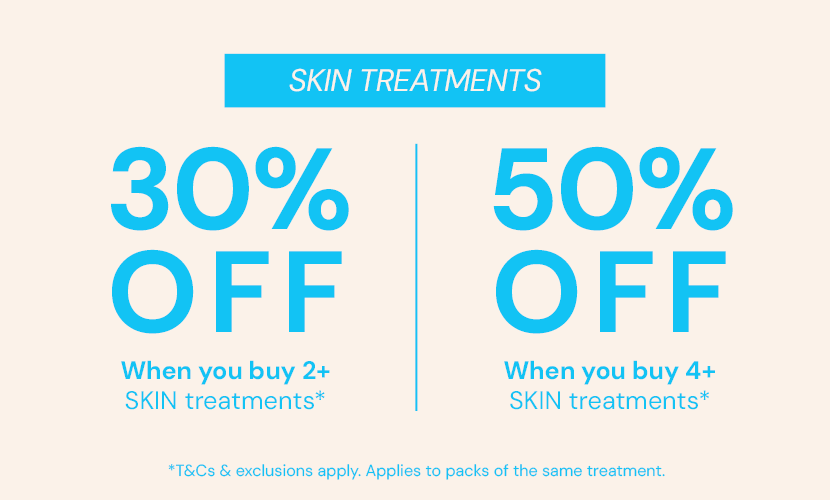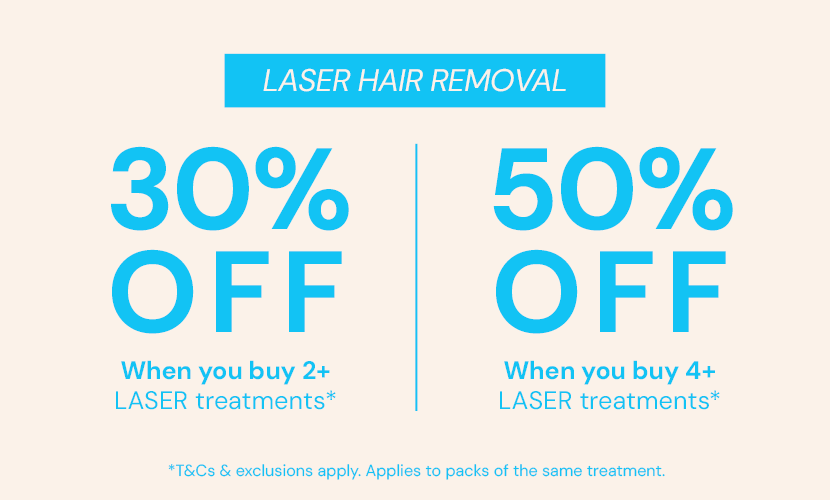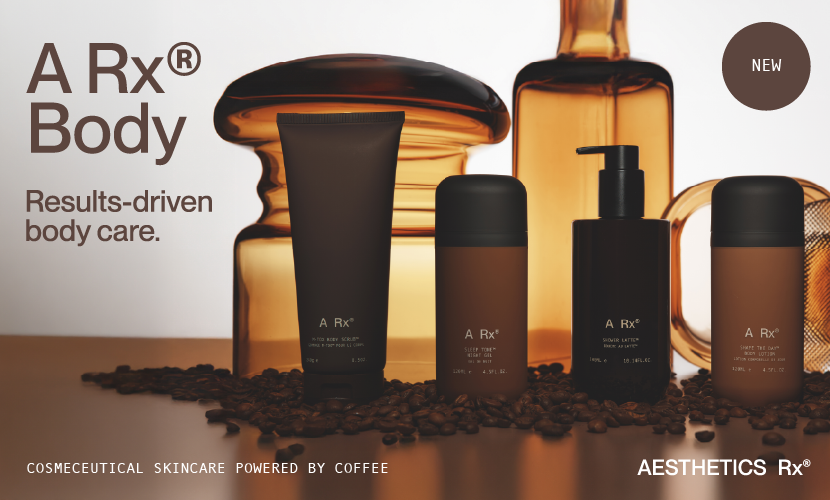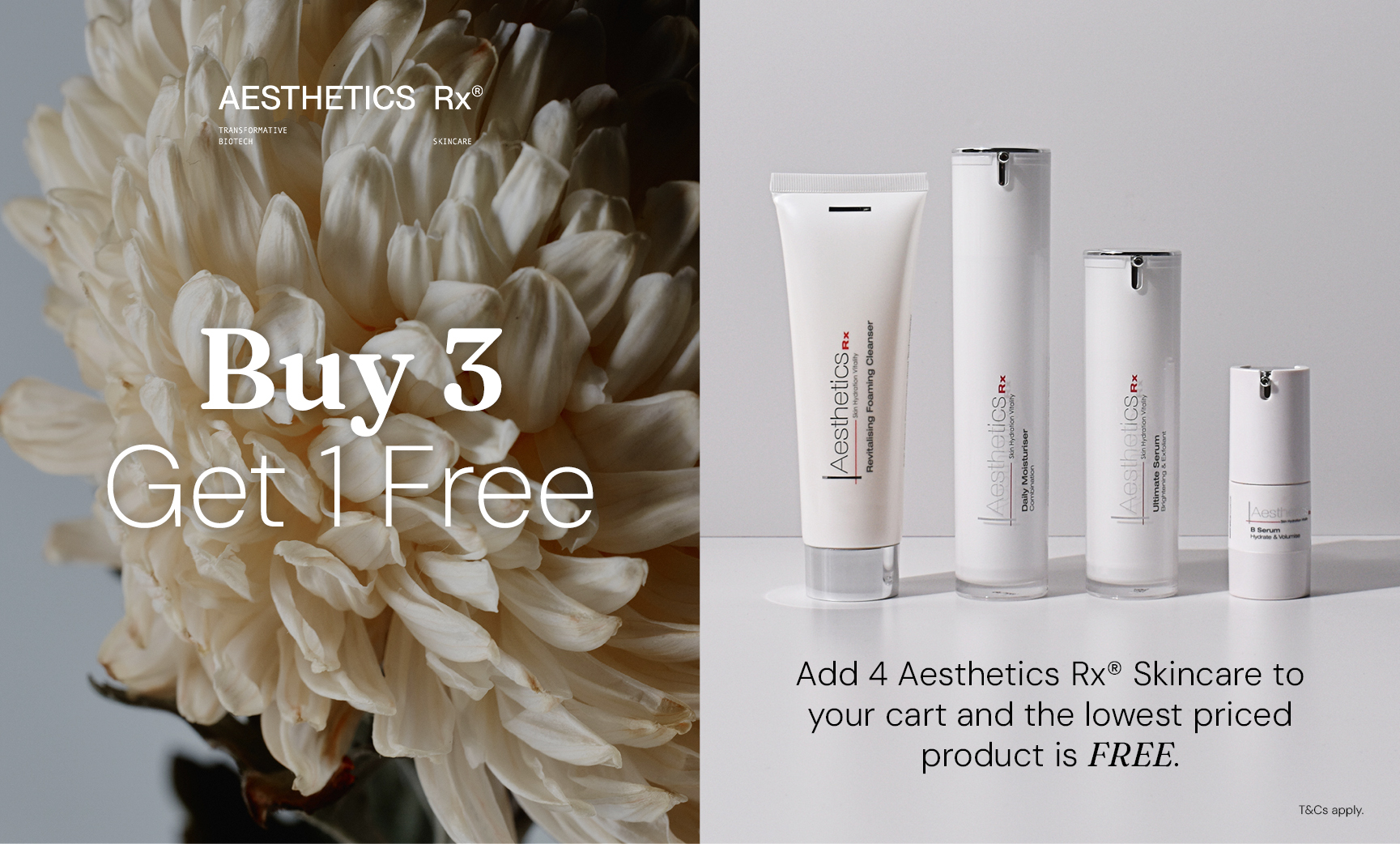Acne is frustrating enough, but when breakouts leave scars behind, it can feel like an ongoing battle. These marks are more than just a skin concern—they can affect confidence, self-esteem, and even how you interact with others. Many people find themselves relying on makeup to hide scars or avoiding social situations where they feel their skin is under scrutiny.
But the good news? Acne scars don’t have to be permanent. Thanks to advancements in skincare and dermatology, there are effective ways to minimise their appearance and restore smooth, healthy skin. From at-home routines to professional treatments, taking the right approach can make a dramatic difference. With a little patience and the right care, you can improve your skin’s texture, boost your confidence, and feel great in your own skin again.
How Acne Scars Form
Ever wonder why some pimples heal without a trace while others leave stubborn marks? It all comes down to how your skin repairs itself. When acne causes deep inflammation, it disrupts collagen production, which plays a crucial role in healing.
If your skin produces too much collagen, it can lead to raised, bumpy scars known as hypertrophic scars. On the other hand, if there isn’t enough collagen, depressed or pitted scars (also called atrophic scars) can form, creating uneven texture on the skin.
The type of acne you experience also determines your likelihood of scarring. Deep, cystic breakouts that penetrate beneath the skin’s surface are more likely to leave scars compared to mild whiteheads or blackheads.
The longer acne lingers untreated, the greater the risk of scarring, as prolonged inflammation increases skin damage. Genetics can also play a role—some people naturally produce more melanin in response to inflammation, leading to post-inflammatory hyperpigmentation (PIH), while others may be more prone to scarring due to their skin’s healing response.
Beyond the physical effects, acne scars can take a serious emotional toll. Uneven skin texture, dark marks, and scars can make people feel self-conscious, affecting their confidence in social or professional settings. Many individuals turn to heavy makeup to cover scars or avoid situations where they feel their skin is under scrutiny.
But the good news is that with the right prevention, skincare routine, and professional treatments, acne scars don’t have to be permanent. Understanding how to manage and treat them can help you take control of your skin’s future.
How to Prevent Acne Scars
The best way to deal with acne scars is to stop them before they start. Treating acne early can significantly reduce inflammation and prevent long-term skin damage. When a breakout first appears, using targeted treatments with salicylic acid or benzoyl peroxide can help unclog pores, reduce bacteria, and speed up healing. A consistent skincare routine with a gentle, non-comedogenic cleanser and lightweight moisturiser ensures your skin remains balanced without excess oil production or irritation.
Beyond skincare, one of the most important habits for preventing scars is resisting the urge to pick at pimples. It can be tempting to squeeze or scratch at a blemish, but this only forces bacteria and debris deeper into the skin, triggering more inflammation and making scars more likely to form. Instead of popping pimples, opt for spot treatments with anti-inflammatory ingredients like niacinamide or tea tree oil, which can help reduce redness and swelling.
If acne is persistent, consulting a skincare professional can make all the difference. Some types of acne—especially cystic acne—require prescription-strength treatments or in-clinic procedures to prevent long-term scarring. A skin therapist can assess your skin and recommend the best approach, whether that’s oral medications, topical retinoids, or professional treatments like chemical peels and extractions to keep breakouts under control.
Lifestyle choices also have a major impact on skin health. A balanced diet rich in antioxidants, omega-3 fatty acids, and vitamins can support the skin’s ability to heal, while staying hydrated helps maintain a healthy moisture barrier. Stress is another common trigger for breakouts, so practicing stress management techniques—such as exercise, meditation, or getting enough sleep—can help regulate hormones and keep skin clear.
By taking a proactive approach to acne care, you can reduce the risk of scarring and maintain a smoother, healthier complexion.
Best Treatments for Acne Scars
If acne scars have already formed, don’t worry—there are plenty of effective treatments that can help smooth your skin, even out texture, and restore your natural glow. From in-clinic procedures to targeted skincare, the right approach depends on the type and severity of your scars.
Microdermabrasion: Gentle Skin Resurfacing
Microdermabrasion is a non-invasive exfoliation treatment that removes the top layer of dead skin cells, helping to improve skin texture and minimise the appearance of mild acne scars. This treatment works by using a handheld device to gently buff away surface irregularities, promoting cell turnover and collagen production. It’s particularly effective for treating shallow scars, rough patches, and uneven skin tone.
Since microdermabrasion is a gentle resurfacing technique, it typically requires multiple sessions to achieve optimal results. It’s also a great option for maintaining skin health between more intensive treatments, leaving the skin feeling smoother, refreshed, and more radiant.
Microneedling: Boosting Collagen for Scar Repair
For deeper acne scars, microneedling is an excellent collagen-stimulating treatment that can significantly improve skin texture. This procedure involves using a device with ultra-fine needles to create microscopic injuries in the skin. While this may sound intimidating, the process triggers the body’s natural healing response, boosting collagen and elastin production to fill in depressed scars and smooth out uneven areas.
Microneedling is particularly effective for atrophic scars (pitted scars) and post-inflammatory pigmentation. With repeated treatments, it can help restore plumper, more youthful-looking skin while improving overall tone and texture.
MesoInfus Needling: Deep Penetration for Enhanced Results
MesoInfus Needling takes traditional microneedling a step further by infusing potent active ingredients directly into the deeper layers of the skin during treatment. These serums often contain hydrating, brightening, and collagen-boosting compounds, accelerating the skin’s repair process and enhancing results.
This treatment is ideal for those looking to address multiple skin concerns at once—from deep acne scars and fine lines to dehydration and dullness. It delivers long-lasting hydration and improved elasticity, making it a great option for anyone wanting a more intensive approach to scar repair.
MediPeels: Chemical Peels for Smoother Skin
Chemical peels, like MediPeels, are a powerful resurfacing treatment that can dramatically reduce the appearance of acne scars. By applying a carefully formulated chemical solution to the skin, MediPeels exfoliate the top layers, stimulating new cell growth and improving overall texture.
Different strengths and types of peels are available, with some focusing on light exfoliation for mild scars and others offering deep resurfacing for more prominent scarring. Glycolic acid, salicylic acid, and lactic acid peels are commonly used to brighten skin tone and encourage regeneration, while TCA (trichloroacetic acid) peels target deeper scars.
For best results, a series of chemical peels is recommended, allowing the skin to gradually heal and reveal a more refined, even-toned complexion.
HydraFacial: Hydrate, Exfoliate & Refresh
HydraFacial is a multi-step facial treatment that combines deep cleansing, gentle exfoliation, and intense hydration to improve skin texture and reduce the appearance of acne scars. Unlike harsher treatments, Hydrafacial is suitable for all skin types, making it a great option for those with sensitive or reactive skin.
By infusing the skin with antioxidants, peptides, and hyaluronic acid, this treatment helps to reduce redness, irritation, and dryness while promoting a more radiant, even-toned complexion. Although HydraFacial may not be as intensive as other scar treatments, regular sessions can gradually improve skin texture and enhance the results of more targeted procedures.
At-Home Skincare: Supporting Scar Reduction
While in-clinic treatments can significantly improve acne scars, a consistent at-home skincare routine is essential for maintaining results and preventing future scarring. Certain active ingredients are particularly effective for fading scars and evening out skin tone:
- Retinol: Encourages skin renewal and collagen production, helping to smooth out rough texture and fade discolouration over time.
- Vitamin C: A brightening antioxidant that helps to lighten dark spots and protect the skin from environmental damage.
- Niacinamide: Reduces inflammation, improves skin barrier function, and helps to even out pigmentation left behind by acne.
- Alpha Hydroxy Acids (AHAs): Promote gentle exfoliation, unclog pores, and fade mild acne marks.
Consistency is key—results take time, but with the right combination of treatments and skincare, acne scars can become much less noticeable, leaving you with smoother, healthier skin.
Caring for Acne-Scarred Skin
Once scars begin to fade, maintaining a consistent skincare routine is essential to prevent new scars from forming and to support the healing process. While professional treatments can make a significant difference, the way you care for your skin at home plays a crucial role in long-term results.
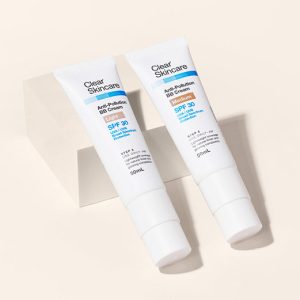
Sun Protection: Your Skin’s Best Defence
One of the most important steps in caring for acne-scarred skin is daily sun protection. UV exposure can darken acne scars and make them more noticeable, slowing down the skin’s natural healing process. Even when it’s cloudy, harmful rays can still penetrate the skin, worsening hyperpigmentation and prolonging the appearance of scars.
Using a broad-spectrum SPF 30 or higher every morning can help prevent scars from becoming darker while also protecting the skin from premature ageing. Look for sunscreens that are lightweight, non-comedogenic, and enriched with antioxidants to avoid clogging pores and to give the skin added nourishment.
Hydration: Keeping Skin Plump & Resilient
Well-hydrated skin is better equipped to heal itself, which is why drinking plenty of water and using a hydrating moisturiser is essential when treating acne scars. Dehydrated skin can appear dull and uneven, making scars look more pronounced.
A moisturiser with hyaluronic acid, ceramides, and glycerin can help lock in moisture, keeping the skin barrier strong and resilient. Hydration also improves skin elasticity, making scars less noticeable over time.
Gentle Skincare: Less is More
When caring for acne-scarred skin, it’s crucial to avoid harsh or overly abrasive products that can cause irritation and slow down healing. Gentle cleansers that remove dirt and oil without stripping the skin’s natural moisture barrier are ideal.
Exfoliation is beneficial, but it must be done carefully. Over-exfoliating—whether with scrubs or chemical exfoliants—can trigger inflammation and worsen existing scars. Instead, opt for mild exfoliants like lactic acid or mandelic acid, which help to resurface the skin gradually without causing irritation.
Aftercare for Professional Treatments
If you’ve had a microneedling, chemical peel, or laser treatment, proper aftercare is essential for achieving the best results. Skin is typically more sensitive post-treatment, so avoiding excessive sun exposure, harsh ingredients, and heavy makeup is recommended for at least a few days.
Using a soothing post-treatment serum with ingredients like aloe vera, centella asiatica, or panthenol can help calm redness and promote faster recovery. Keeping the skin hydrated and avoiding picking or touching healing areas will also help prevent further scarring.
Long-Term Maintenance for Healthy Skin
Even after acne scars fade, keeping up with a balanced skincare routine is important to maintain results and prevent new blemishes from forming. Incorporating vitamin C for brightening, retinol for skin renewal, and niacinamide for soothing inflammation can help keep the skin clear, even-toned, and smooth.
With the right combination of sun protection, hydration, and a gentle skincare routine, acne-scarred skin can continue to improve over time, leaving behind a healthier, more radiant complexion.
Start Your Skin Journey Today
Acne scars don’t have to define your skin or your confidence. While they may feel permanent, the right combination of prevention, targeted treatments, and a tailored skincare routine can significantly improve their appearance, helping you achieve a smoother, more even complexion. Whether you’re looking for professional in-clinic treatments or expert advice on the best skincare for your skin type, Clear Skincare Clinics is here to guide you every step of the way.
There’s no better time to start your journey towards healthier skin. Book a free consultation today with one of our experienced skin therapists and take the first step toward clearer, more radiant skin—because you deserve to feel confident every day.
